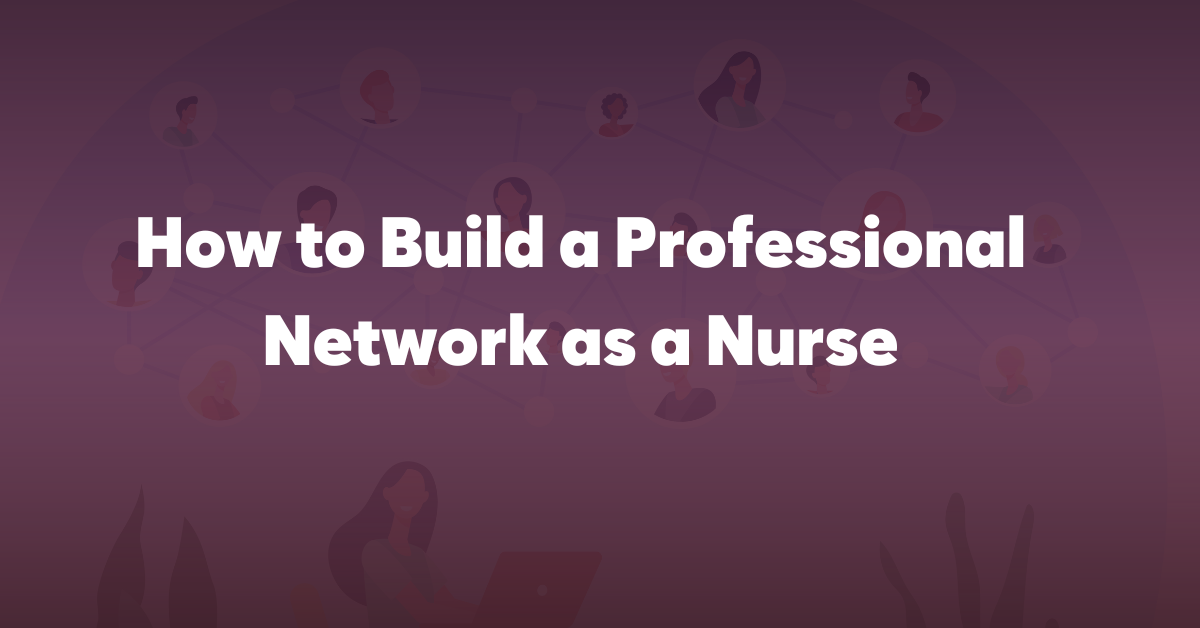Networking is a cornerstone of success in almost every profession, and nursing is no exception. In fact, in the field of healthcare, effective networking is not just beneficial; it is crucial for fostering collaboration. Also, it helps stay updated on industry trends, and advance one’s career. If you are a nurse looking to expand your professional network, here is a comprehensive guide on how to do just that.
Understanding Professional Networking in Nursing
Before delving into specific strategies, it is essential to grasp the concept of professional networking in nursing. Essentially, professional networking involves building and maintaining relationships within your field. These relationships should provide support, and promote knowledge sharing. In nursing, these relationships can extend from your immediate work environment to industry leaders and even personal connections outside of work.
Types of Networking
There are three primary types of networking that nurses should focus on: operational, strategic, and personal networking.
Operational Networking: This involves building relationships with colleagues and other healthcare professionals within your immediate work environment. It fosters collaboration, knowledge sharing, and support in day-to-day responsibilities.
Strategic Networking: This focuses on connecting with industry leaders and decision-makers through different avenue. Such as conferences, professional associations, and online platforms. Strategic networking can open doors to career advancement and opportunities aligned with your goals.
Personal Networking: Building relationships outside of your professional environment with friends, family, and acquaintances can offer support, diverse perspectives, and potential opportunities beyond the nursing field.
Advantages of Networking in Nursing
The benefits of networking in nursing are plentiful and impactful:
Collaboration: Networking facilitates collaboration with other nurses, leading to shared best practices, advice, and support.
Support: A strong professional network provides a support system for navigating challenges and making informed decisions.
Access to Resources: Networking grants access to valuable resources such as research findings, evidence-based practices, and professional development opportunities.
Advocacy: Through networking, nurses can amplify their voices, influence policy change, and address common challenges in the nursing sector.
Career Advancement: Networking opens doors to new job opportunities, career growth, and connections with recruiters and employers.
Opportunities for Networking in Nursing
Nursing offers numerous avenues for networking, including:
Day-to-Day Work: Building relationships within your facility by working closely with colleagues and exploring opportunities as a PRN nurse can expand your professional circle.
Conferences and Workshops: Attending local, regional, and national nursing conferences provides opportunities to connect with fellow professionals, educators, researchers, and industry leaders.
Joining Associations: Participating in nursing associations and online forums facilitates networking, knowledge sharing, and professional growth.
Tips for Building a Professional Network
To effectively network as a nurse, consider the following tips:
Be Interested and Ask Questions: Demonstrate curiosity and a desire for knowledge by asking questions and seeking advice from colleagues.
Develop an Elevator Pitch: Craft a brief introduction that communicates who you are, your goals, and how you can contribute as a nurse.
Offer Help: Be proactive in helping others, fostering meaningful connections and reciprocity.
Be Prepared for Events: When attending formal networking events, come prepared with contact information and dress professionally to make a positive impression.
Follow Up: Stay in touch with your network by sending follow-up messages, staying active on online platforms, and arranging meet-ups to maintain connections.
Conclusion
Building a professional network as a nurse requires proactive effort, genuine engagement, and consistent follow-through. By leveraging various networking opportunities and implementing effective strategies, nurses can expand their circle of support, advance their careers, and contribute to the broader nursing community. Remember, networking is not just about making connections; it’s about nurturing relationships that can benefit both parties in the long term. So, start networking today and reap the rewards of a robust professional network in nursing.





